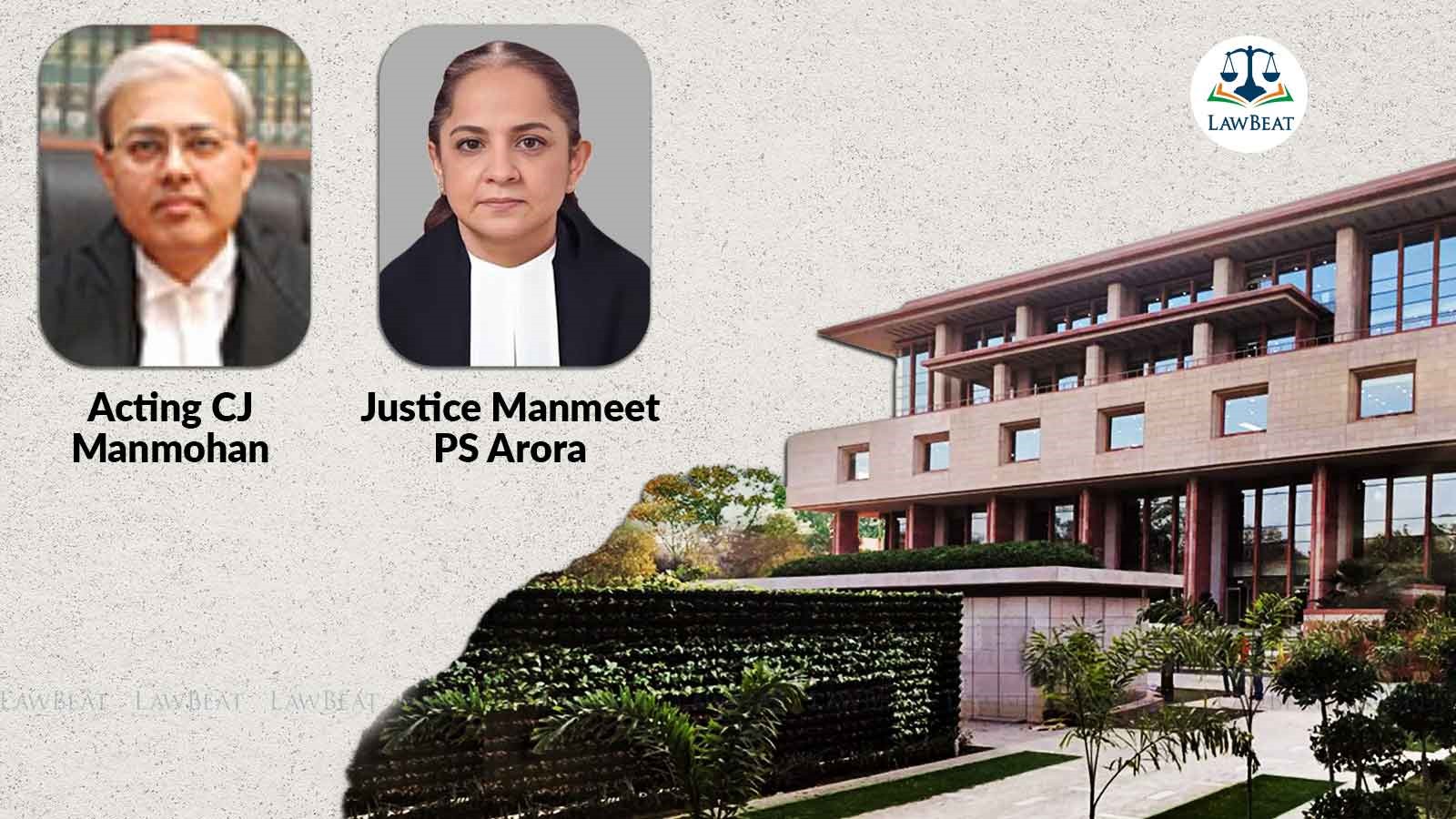Delhi High Court Imposes Fine of Rs 25k On Petition Against SC Collegium Recommendations

Court noted that the SC collegium considers several factors before approving the recommendations made by the HC collegium
The Delhi High Court recently imposed a fine of Rs. 25,000 on an individual who filed a writ petition seeking a detailed explanation for the recommendations for High Court judge appointments made by the Supreme Court Collegium.
The bench of Justice Subramonium Prasad held, “This Court cannot sit in appeal over the subjective satisfaction of the Collegium of the Hon’ble Apex Court. This Court is of the opinion that the instant writ petition is a complete waste of judicial time and the Petitioner has no locus to maintain this writ petition”.
The petitioner stated that in 2023, the Apex Court rejected approximately 35.29% of the High Courts' recommendations for the elevation of judges to the High Court, compared to a rejection rate of only 4.38% in 2021. The petitioner asserted that such a high rejection rate was extremely disturbing and attributed it to a communication gap between the Hon’ble Apex Court and the High Courts regarding the criteria for appointing High Court judges.
The court failed to understand how the delay in the disposal of his case was connected to the reliefs sought in the writ petition. The court noted that the petitioner did not provide any reason to substantiate his victimhood, leading this Court to conclude that the present petition was merely a Publicity Interest Litigation.
This court inquired if the petitioner was willing to withdraw the writ petition and file a public interest litigation instead. The petitioner refused, claiming that he was a victim of the delay in the disposal of his case.
The court observed that the collegium of the HC made the recommendations for the elevation of a judge. These recommendations were reviewed by the collegium of the supreme court, and the outcomes of the collegium meetings were published on the supreme court's website. The necessary qualifications for appointment as a judge of the high court were specified under Article 217 of the Constitution of India. The collegium of the supreme court considered various factors before approving the recommendations of the high court collegium. This court did not have the authority to review the subjective satisfaction of the collegium of the supreme court.
This court decided to dismiss the writ petition and imposed a cost of Rs. 25,000/- on the petitioner, which was to be deposited with the Armed Forces Battle Casualties Welfare Fund within four weeks from that day.
Case Title: CA Rakesh Kumar Gupta v Supreme Court of India (2024:DHC:4544)
